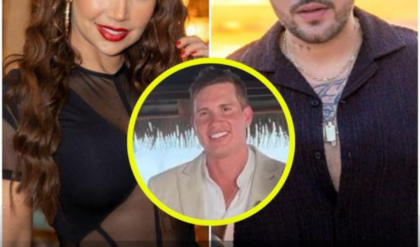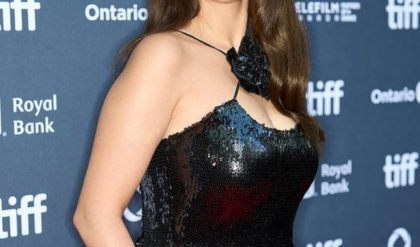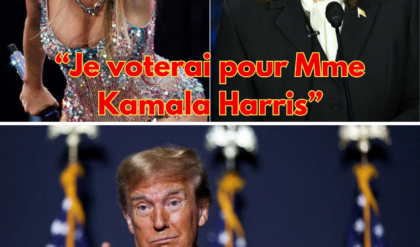Ryan Reynolds has long been recognized for his wit, humor, and ability to bring characters to life with a unique charm that resonates deeply with audiences. However, none of his roles have been as impactful or defining as that of Deadpool, the wise-cracking, fourth-wall-breaking anti-hero of the Marvel Cinematic Universe.
As Deadpool, Reynolds has catapulted to new heights in his career, earning both critical acclaim and a massive fan following. But as his connection to the character deepens, there are growing concerns about how Deadpool’s influence, particularly the character’s unapologetic embrace of chaotic behavior and irreverence, might be impacting younger generations.
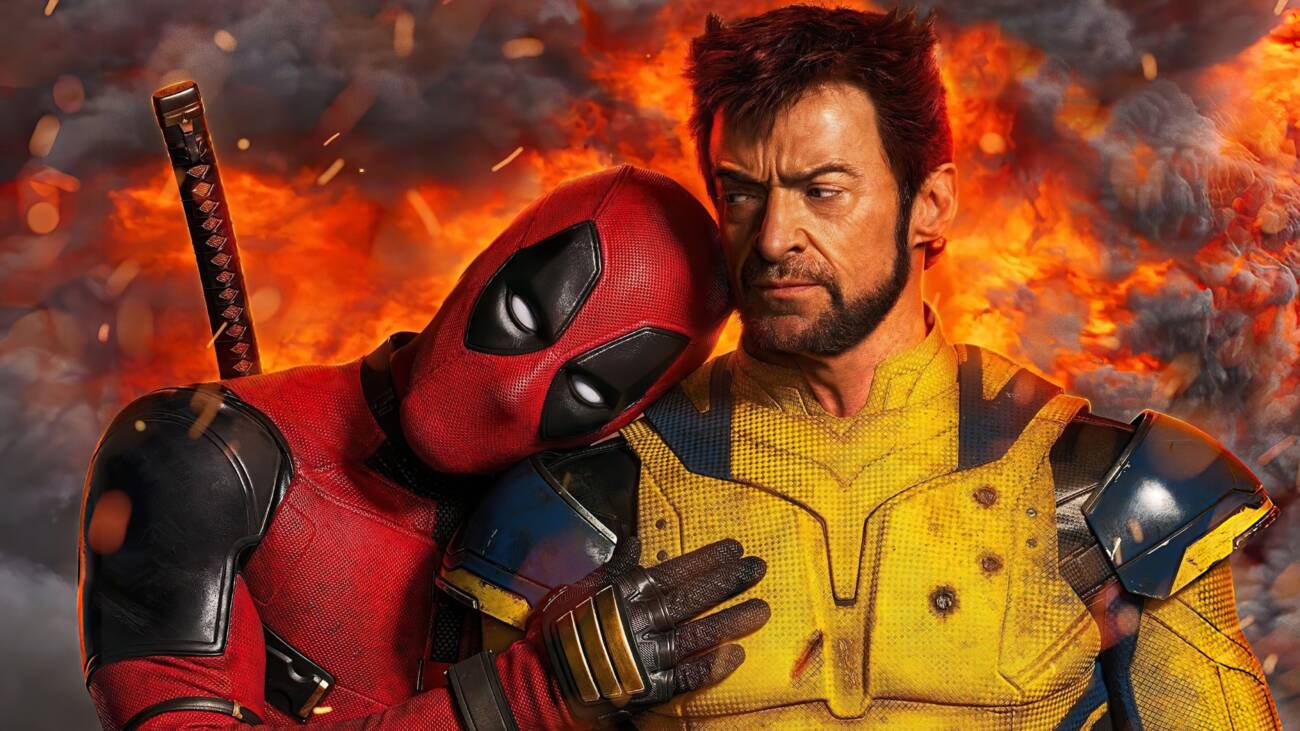
The success of Deadpool, alongside the equally popular Wolverine played by Hugh Jackman, has not only solidified Reynolds’ position as a Hollywood A-lister but also brought him and Jackman into the limelight in ways that extend beyond their on-screen personas. Their off-screen camaraderie, often showcased during press tours and interviews, offers fans a glimpse into their playful dynamic.
One such instance, highlighted during an appearance on The Zoe Ball Breakfast Show via BBC Radio 2, revealed the duo’s contrasting personalities in a humorous exchange that seemed to blur the lines between fiction and reality.
Hugh Jackman, reminiscing about his pre-acting days, shared a story about his time working as a gas station attendant. He recounted how customers would frequently ask for his help in changing the oil in their cars, a task that, despite his willingness, he was ill-prepared to handle.
Jackman, ever the responsible figure, would use an excuse to avoid the task, citing security reasons as a cover for his lack of mechanical know-how. This anecdote, while amusing in its own right, was met with a hilariously wicked response from Reynolds, who immediately chimed in with what can only be described as quintessential Deadpool behavior.
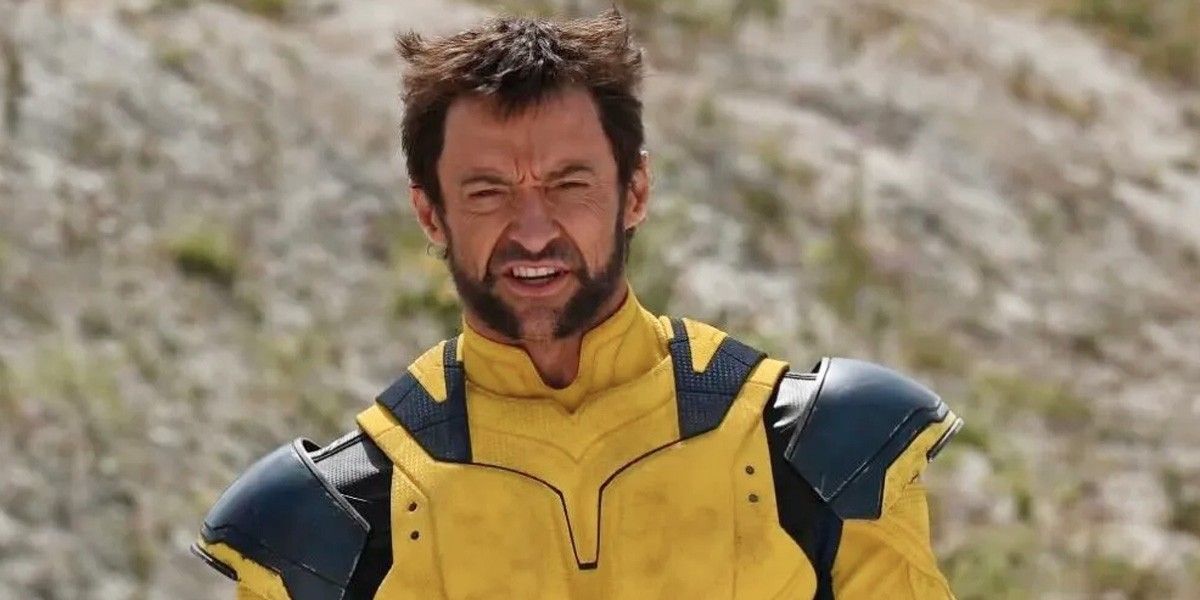
In true Deadpool fashion, Reynolds quipped that he would have approached the situation very differently. Instead of admitting his ignorance, he joked about pouring Canadian maple syrup into the engine and then sarcastically admonishing the customer for not asking for certification. “You came in here and now you’re screwed.
Should’ve known better,” Reynolds said, eliciting laughter from Jackman and, undoubtedly, many listeners. This response, while clearly intended as a joke, underscores the chaotic and irreverent nature that has become synonymous with both Deadpool and, increasingly, Reynolds himself.
This interaction, and others like it, raises interesting questions about the influence of Reynolds’ portrayal of Deadpool on his real-life persona and, by extension, on the young fans who idolize him. Deadpool, unlike many traditional superheroes, is not bound by a strict moral code.
He is a character defined by his unpredictability, his disregard for authority, and his penchant for violent and often reckless behavior. While this makes for entertaining cinema, it also presents potential challenges when considering the character’s impact on impressionable audiences.
Deadpool’s humor is dark, his actions are extreme, and his language is far from family-friendly. This combination of traits, while integral to the character’s identity, can also be seen as promoting a lifestyle that is less than ideal, particularly for younger fans who may not yet fully grasp the distinction between fiction and reality.
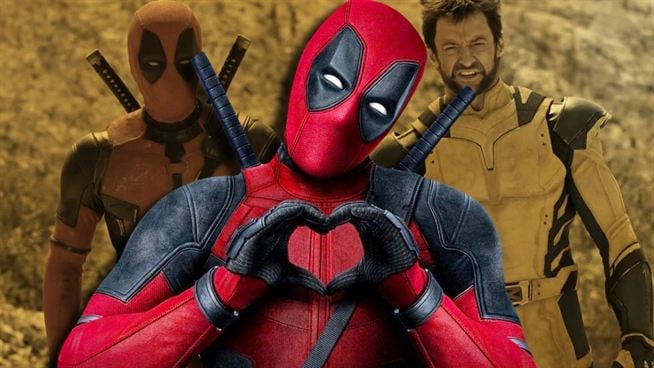
In a world where media figures hold significant sway over public perception and behavior, the line between a character’s actions on screen and a celebrity’s influence off-screen can become blurred.
Ryan Reynolds, through his association with Deadpool, has embraced a persona that is cheeky, irreverent, and at times, anarchic. This persona, while immensely popular, can also be seen as glamorizing a kind of lawlessness that may not be conducive to healthy development, especially among young viewers.
Deadpool’s flippant attitude toward violence, substance use, and authority figures could potentially normalize these behaviors, making them seem acceptable or even desirable.
In recent years, there has been increasing concern about the influence of media on youth behavior. Studies have shown that children and teenagers are particularly susceptible to mimicking the actions of their favorite characters.
When those characters exhibit traits such as aggression, substance use, or disregard for societal norms, there is a risk that young viewers may begin to adopt these behaviors in their own lives. Deadpool, with his lack of filter and his propensity for violent solutions, could be seen as promoting a lifestyle that is at odds with the values typically encouraged in a healthy society.

The character’s frequent use of crude language, his tendency to resolve conflicts with violence, and his cavalier attitude toward serious issues such as death and injury all contribute to a portrayal that is far from the superhero ideal.
Unlike traditional heroes who stand as paragons of virtue, Deadpool represents a more complex, morally ambiguous figure. While this complexity is what makes the character interesting and relatable for many, it also presents a potential risk when consumed uncritically by younger audiences.
Reynolds himself has acknowledged the unique challenges that come with playing a character like Deadpool. In various interviews, he has expressed a deep connection to the character, even as he recognizes the potential for Deadpool’s influence to extend beyond the screen.
“Right in this moment, I have no idea if I’ll ever wear that Deadpool suit again — I hope I do — but I don’t know. Right now’s the time to just kind of hang it up for a bit and see what happens next,” Reynolds shared via Collider. This statement reflects not only his uncertainty about the character’s future but also a potential awareness of the impact that continuing to embody such a persona could have.
The success of Deadpool & Wolverine, which recently surpassed $1 billion in global ticket sales, is a testament to the widespread appeal of these characters. However, with great popularity comes great responsibility.
As Reynolds continues to navigate his role as both an actor and a public figure, there is a growing need to consider the broader implications of the Deadpool persona on his audience, particularly the younger demographic.
The character of Deadpool is, by design, a subversion of the traditional superhero archetype. He is a figure who revels in his flaws, who breaks the rules, and who often acts without considering the consequences.
While this makes for compelling storytelling, it also challenges the notion of what it means to be a hero in the eyes of his fans. For younger viewers, who are still forming their understanding of right and wrong, the message that “anything goes” can be a confusing and potentially harmful one.
As Deadpool, Reynolds has brought to life a character who is unapologetically himself, who fights for what he believes in, even if his methods are unconventional. But as the lines between character and actor begin to blur, it becomes increasingly important to recognize the potential influence this has on audiences.
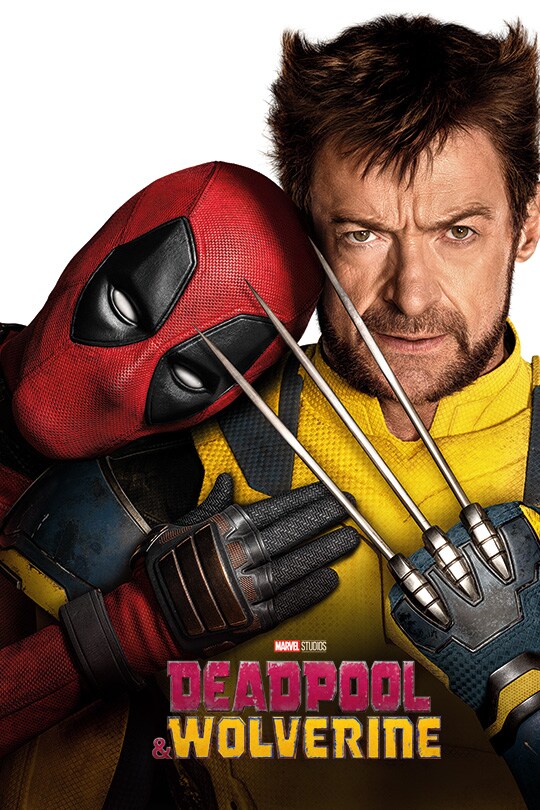
In a media landscape where role models are often drawn from the screen, the impact of a character like Deadpool can extend far beyond the cinema.
In conclusion, while Ryan Reynolds’ portrayal of Deadpool has undoubtedly been a career-defining role, it also raises important questions about the impact of media on youth culture. Deadpool’s chaotic, irreverent behavior, while entertaining, could also promote a lifestyle that is not conducive to healthy development.
As Reynolds continues to explore his connection to the character, it is essential to consider the broader implications of Deadpool’s influence on his audience. While Deadpool may be a hero for the modern age, the values he embodies are complex and, at times, contradictory, making it crucial for audiences, especially younger ones, to approach the character with a critical eye.
News
🕵🏻 Alejo Refuta a Olímpico sobre Kevyn: “Todo Hay Que Ganárselo”
En el mundo competitivo del “Desafío”, cada palabra cuenta, y cada afirmación puede desatar debates intensos entre los desafiantes. Este es el caso de las declaraciones recientes de Olímpico, quien, antes de despedirse, elogió el nivel competitivo de Kevyn y…
🌹 Darlyn y Kratos: La Historia de Amor que Nació en las Sombras del Desafío
El mundo del Desafío es un espacio lleno de competencia, esfuerzo físico, y tensiones, donde los participantes ponen a prueba no solo su fuerza, sino también su resistencia mental y emocional. Sin embargo, lo que muchas veces no se ve…
🤺 Olímpico y la Derrota en el Box Negro: El Dolor de un Guerrero y la Reflexión del Equipo Pibe
La reciente derrota de Olímpico en el Box Negro ha dejado a muchos sorprendidos y a otros con el corazón roto. Las palabras de Guajira, una de las integrantes más cercanas a él, dan cuenta del dolor y la frustración…
💔 ¡Gran Giro en Desafío The Box 2024: El Equipo Rojo se Desmorona tras la Salida de Karen y Olímpico!
El capítulo 102 del Desafío The Box 2024 nos trajo uno de los momentos más impactantes de la temporada. El Equipo Rojo, en un movimiento que muchos considerarían un error estratégico, envió a Karen y Olímpico al “box de la…
🏃♂️ 💨Desafío The Box 2024: La Impactante Salida de Karen y Olímpico que Nadie Esperaba
El capítulo 102 de Desafío The Box 2024 ha dejado a miles de televidentes atónitos y conmocionados. La eliminación de Karen y Olímpico, una de las duplas favoritas para llegar a la gran final, ha generado un profundo malestar en…
😱 Eliminación Sorprendente y Revelaciones Impactantes en el Capítulo 102 de ‘Desafío The Box 2024’: Karen y Olímpico Dicen Adiós
En el episodio más reciente de “Desafío The Box 2024”, los espectadores fueron testigos de una eliminación inesperada que dejó a todos al borde de sus asientos. El capítulo 102 del famoso reality colombiano, que se emitió el pasado miércoles…
End of content
No more pages to load







